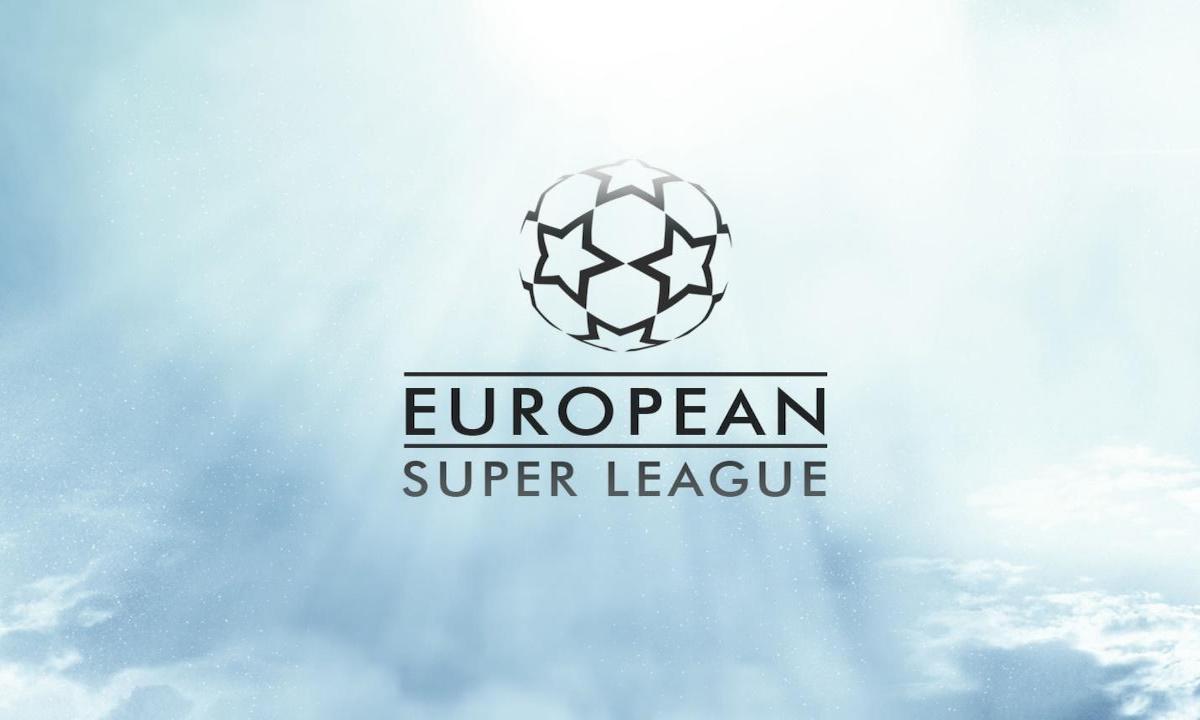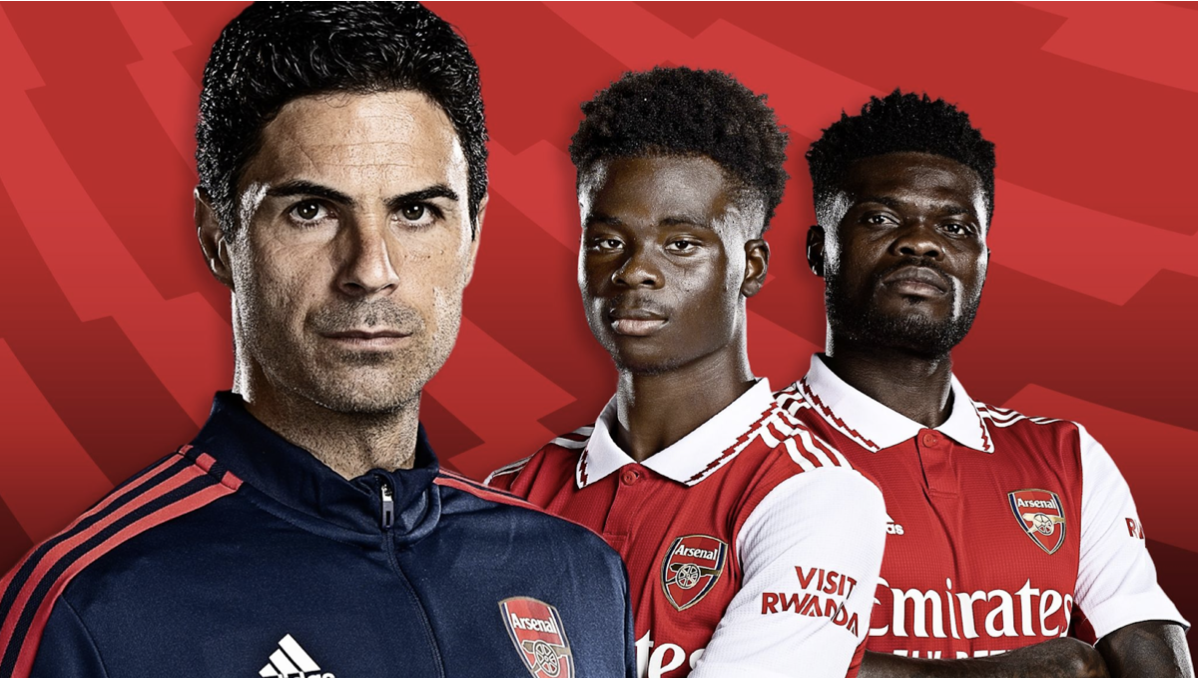By Kairouan Boin, Year 12
A consortium of 12 top-tier European football teams announced the creation of the European Super League in April 2021. (ESL). It was intended for the proposed tournament to differ from the present Champions League and Europa League systems, which are run by the Union of European Football Associations (UEFA). Football players, fans, and officials were all outraged and divided when the ESL was announced.
The ESL planned to include 20 teams; 15 of those teams would be permanent members, while the remaining five teams would be chosen based on their performance in their respective local leagues. The 12 original clubs were Real Madrid, Barcelona, Atletico Madrid, Real Madrid, Chelsea, Liverpool, Manchester City, Manchester United, Tottenham Hotspur, AC Milan, Inter Milan, and Juventus. An initial payment of €3.5 billion would have been given to the founding clubs as a “solidarity contribution.”
Several people in the football community were critical of the ESL’s creation. Supporters viewed the tournament as a ruthless move on the part of the participating teams since they would be promised enormous cash benefits regardless of how well they performed. The founding teams would have been guaranteed a spot in the tournament each year regardless of how well they performed in their respective local leagues because the ESL would have been been a closed league. The present merit-based qualification system in European club football would have been eliminated as a result.
The establishment of the ESL was also fiercely opposed by UEFA and FIFA, the authorities that oversee European and international football, respectively. Threats of exclusion from domestic and international competition, such as the World Cup and the European Championships, were made against the participating clubs. Numerous current and past athletes came out against the ESL as well, with Liverpool captain Jordan Henderson spearheading a social media campaign that urged players to stand together against the idea of a league.
The ESL crumbled under the weight of this anger very fast. The six English teams withdrew from the competition 48 hours after it was announced, then Atletico Madrid, Inter Milan, and AC Milan. Nonetheless, Real Madrid, Barcelona, and Juventus did not give up and persisted in their efforts to establish the league. In response, UEFA instituted disciplinary action against the last three clubs.
Many of the problems that are now present in European club football were brought to light by the controversy around the planned founding of the ESL. A scenario where the wealthy are growing richer while lesser clubs find it difficult to compete has resulted from the enormous financial gap between the largest clubs and the rest of the competition. The opposition to the ESL was a blatant sign that many fans and officials are dissatisfied with the condition of the game today and was considered a symptom of a larger issue.
In conclusion, there has been a great deal of opposition and condemnation of the proposed creation of the European Super League. The top clubs viewed the tournament as a rapacious move and a danger to the present merit-based structure of European club football. While the ESL swiftly disintegrated, the reaction to its introduction brought to light several problems with the sport at the moment and the need for reform. It has yet to be seen if any significant changes will be implemented in the future to solve these problems.



